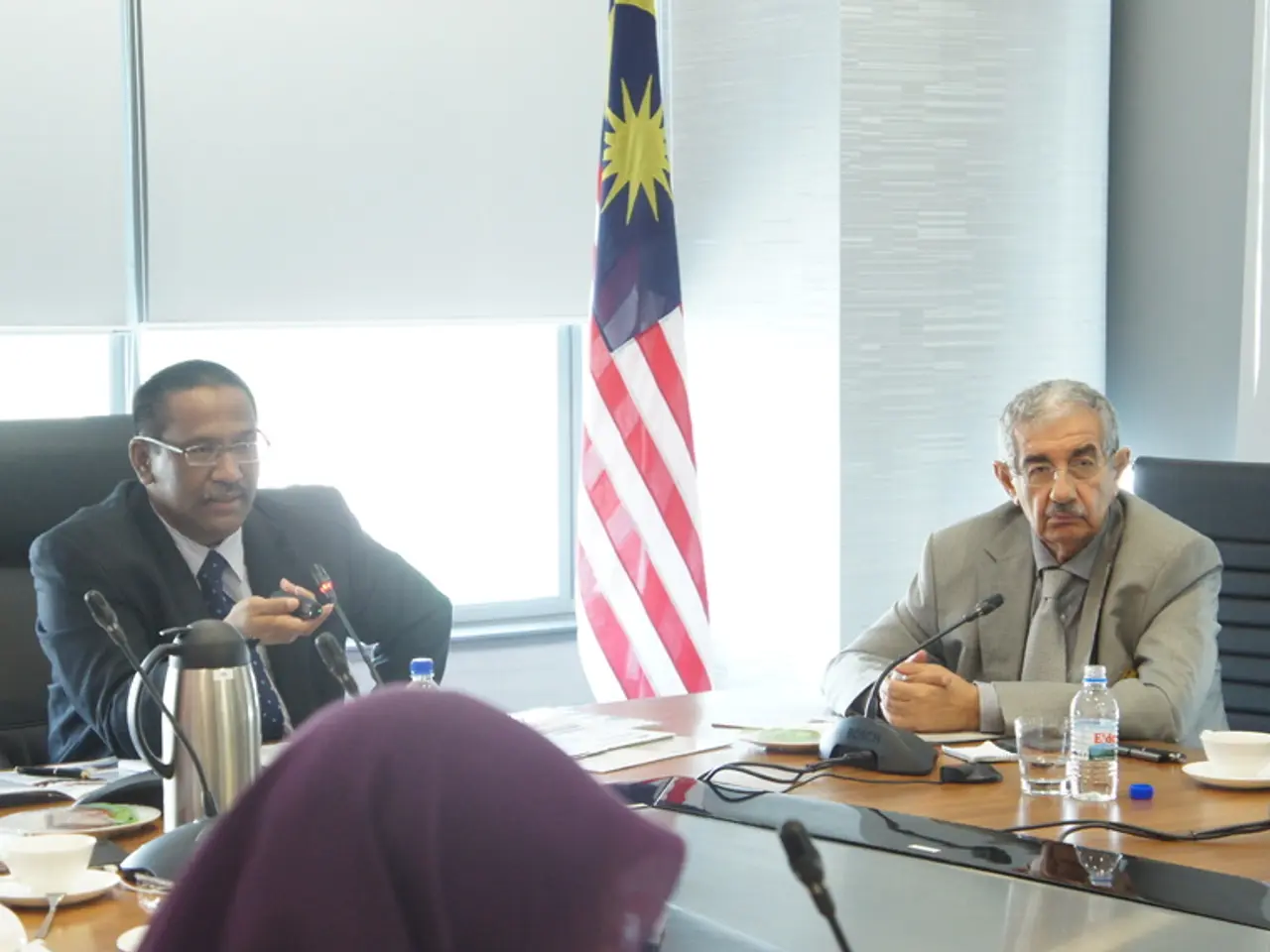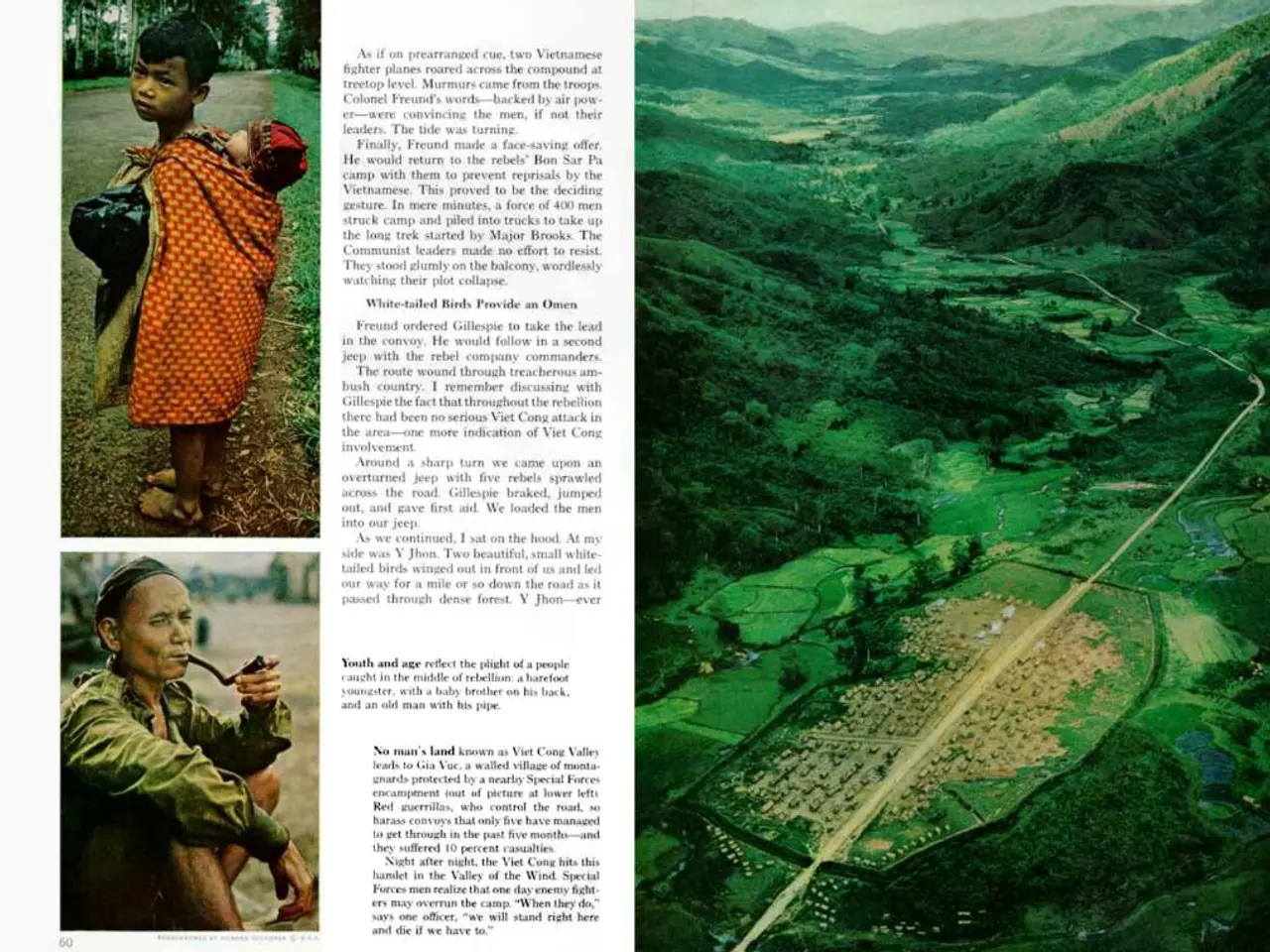EU court decision restricts designation of safe countries for asylum seekers
The European Union (EU) is moving towards a more formalised approach in designating safe countries of origin for accelerated asylum procedures, following a ruling by the Court of Justice of the European Union (CJEU). This decision, which has been hailed as a victory for the primacy of EU law, has set stricter conditions for member states to ensure the safety and rights of asylum seekers.
In a landmark case, two individuals from Bangladesh challenged the rejection of their asylum applications, as their country of origin was classified as safe by Italy as part of its "Albania model." However, the CJEU's ruling now imposes higher legal hurdles, calling into question the continuation of such national lists and practices.
According to international law, no one may be detained without legal grounds, and submitting an asylum application is not a ground for detention. The CJEU's ruling reinforces this principle, stating that any designation by a member state must disclose the sources and evidence for the assessment, ensuring that the classification is transparent and verifiable.
Moreover, the CJEU ruled that the entire population of the designated country must be considered safe. It is not permissible to designate a country as safe if certain groups within that country—such as homosexuals or other vulnerable minorities—are not protected or safe. Until a new EU asylum regulation takes effect, member states cannot arbitrarily designate third countries as safe if parts of the population face significant risks.
This ruling has significant implications for member states, including Germany, which is currently evaluating the implications of the CJEU's ruling for their classification of safe countries of origin. The Italian government's flagship project, the centers for accelerated asylum procedures, is currently on hold due to resistance in the Italian justice system.
Under the proposed new EU regulation, member states may designate safe countries of origin with exceptions for certain groups of people and specific regions, pending approval from the European Parliament and the Council of the European Union. However, the ruling by the CJEU raises numerous legal questions surrounding the continuation of the "Albania model" and the planned accommodation of asylum seekers in such centers.
The assessment of safe countries of origin must now be judicially reviewable, ensuring that the rights and safety of asylum seekers are protected. This decision marks a significant step towards a more equitable and transparent asylum process within the EU.
[1] European Commission. (2025). Proposal for a Regulation of the European Parliament and of the Council on the Union's list of safe countries of origin. [2] Court of Justice of the European Union. (2024). Case C-123/21, Bangladesh and Others v Italy. [3] European Commission. (2023). Press release: European Commission proposes to advance the entry into force of the new asylum regulation.
- The CJEU's ruling in Case C-123/21, Bangladesh and Others v Italy, has initiated a change in the EU's policy-and-legislation regarding the designation of safe countries of origin, imposing greater transparency and legal grounds for such classifications, and challenging the continuation of national lists like the "Albania model."
- In light of the CJEU's decision, general-news reports indicate that Germany is evaluating the implications of the ruling for their policy towards safe countries of origin, while the Italian government's centers for accelerated asylum procedures may face legal challenges due to the increased scrutiny and reviewability of safe country assessments.






